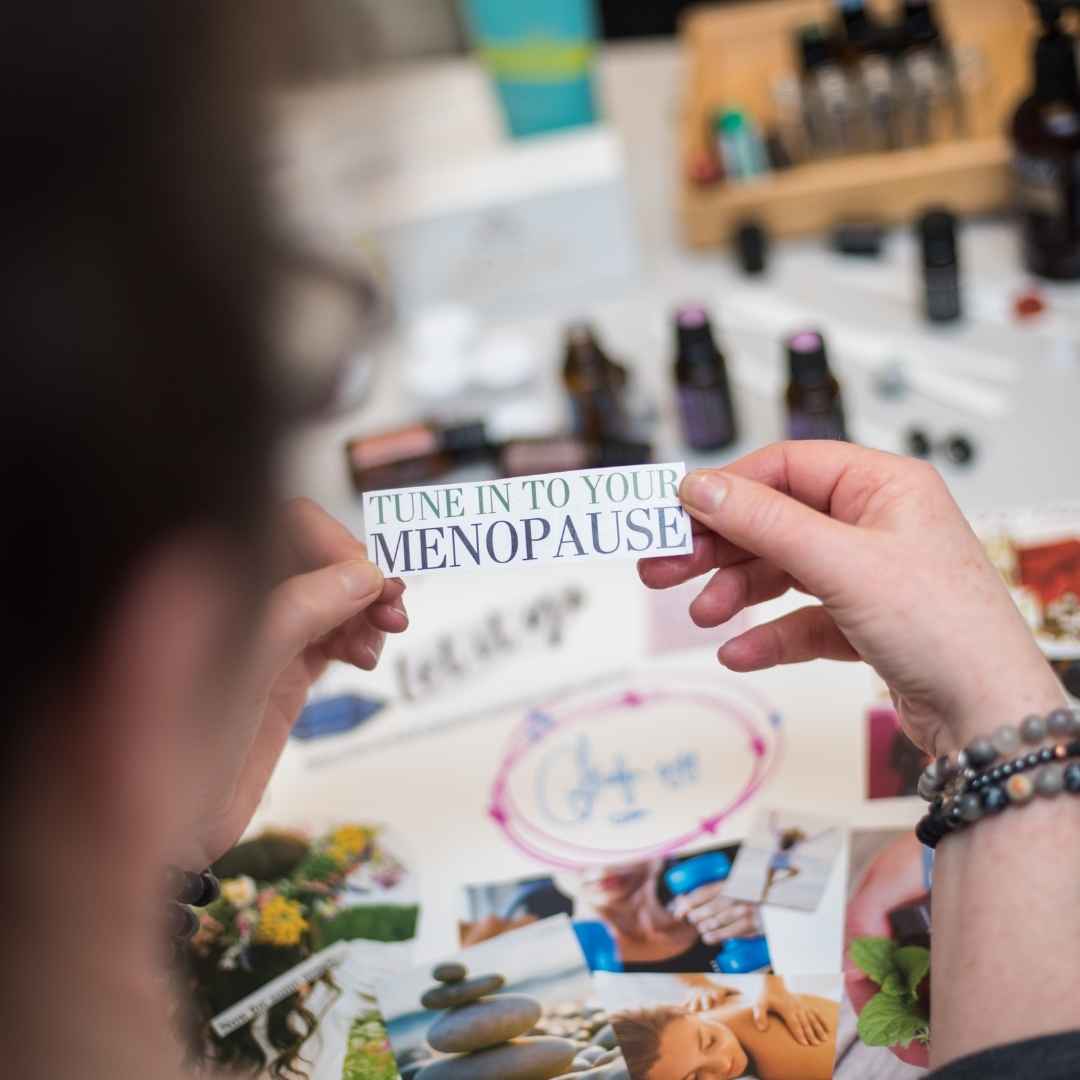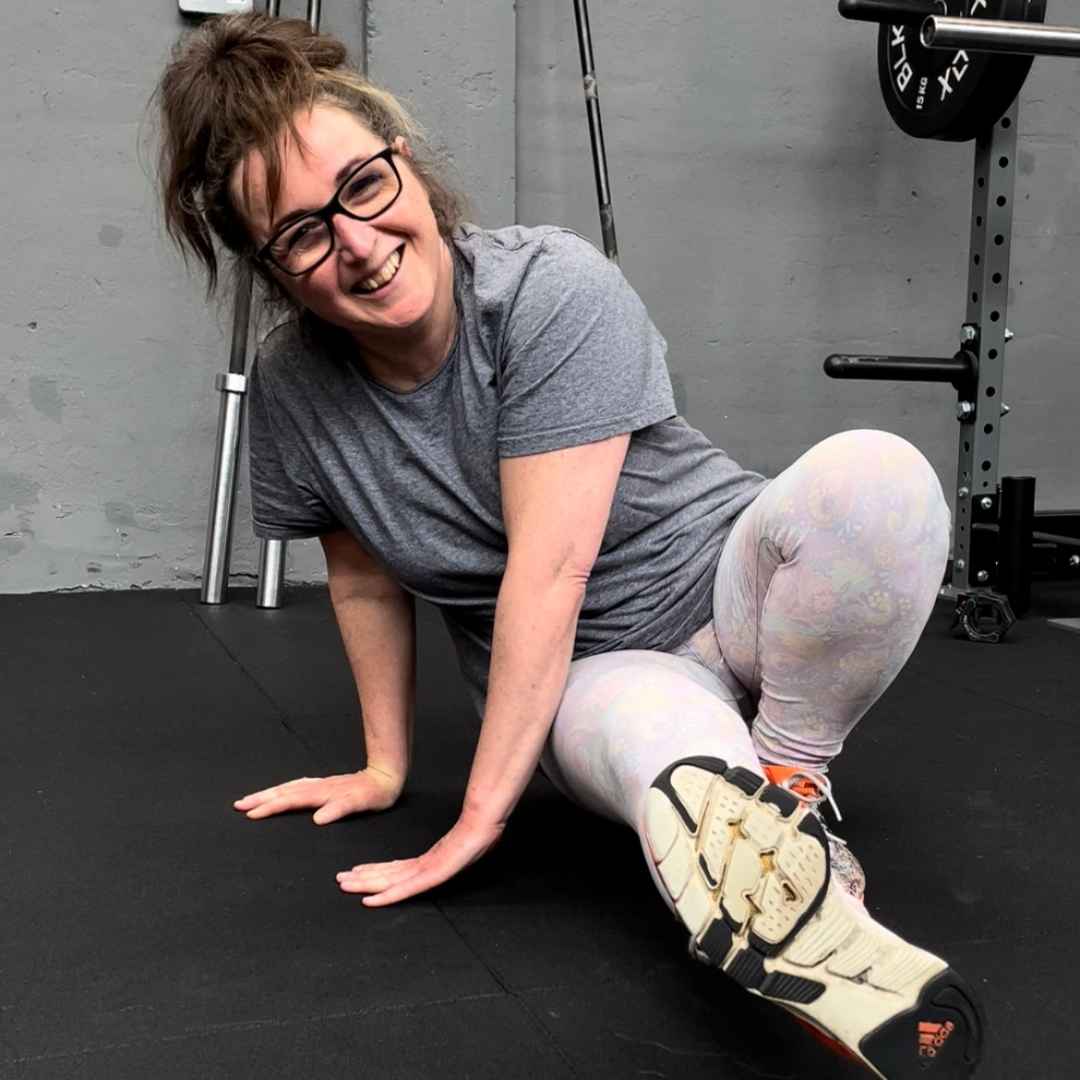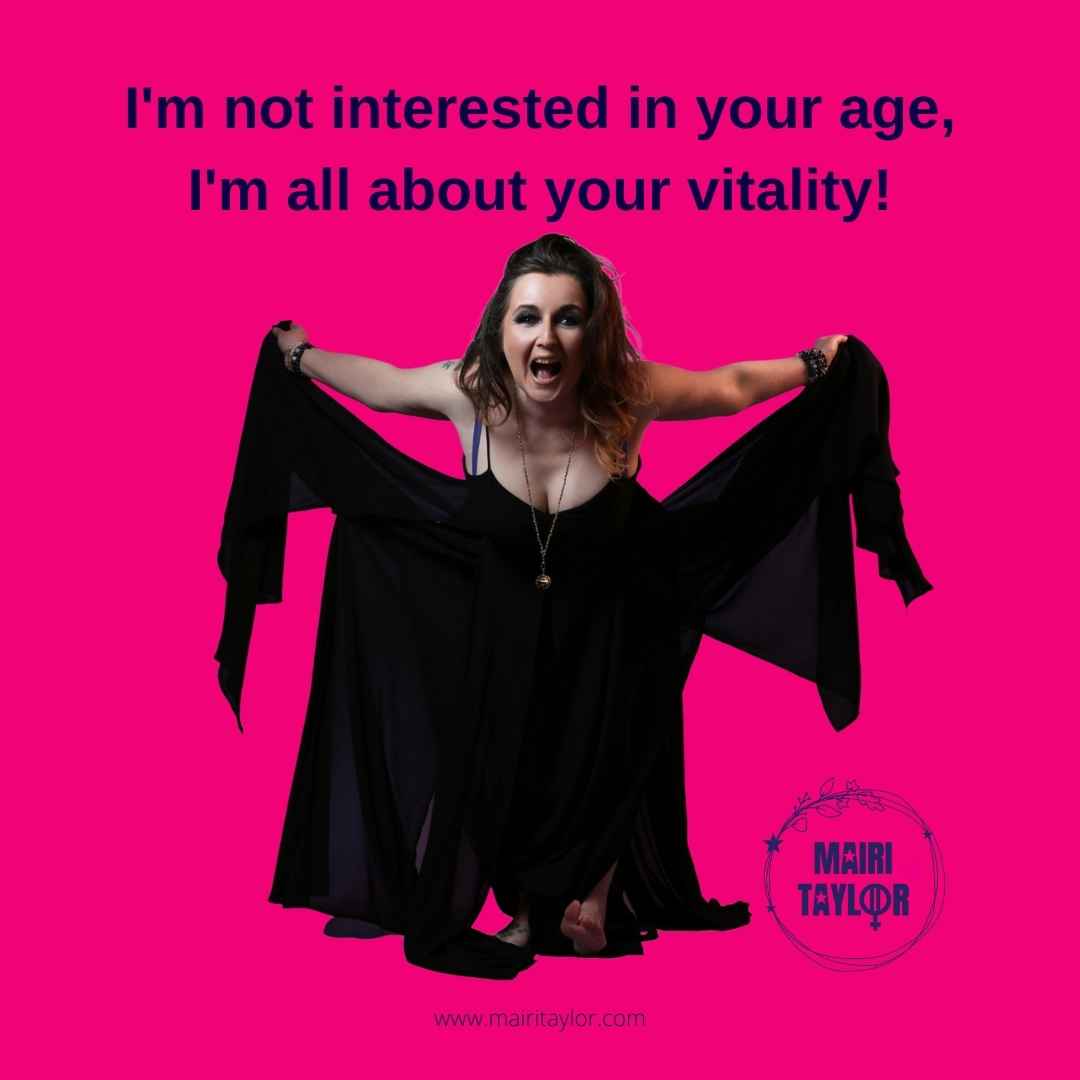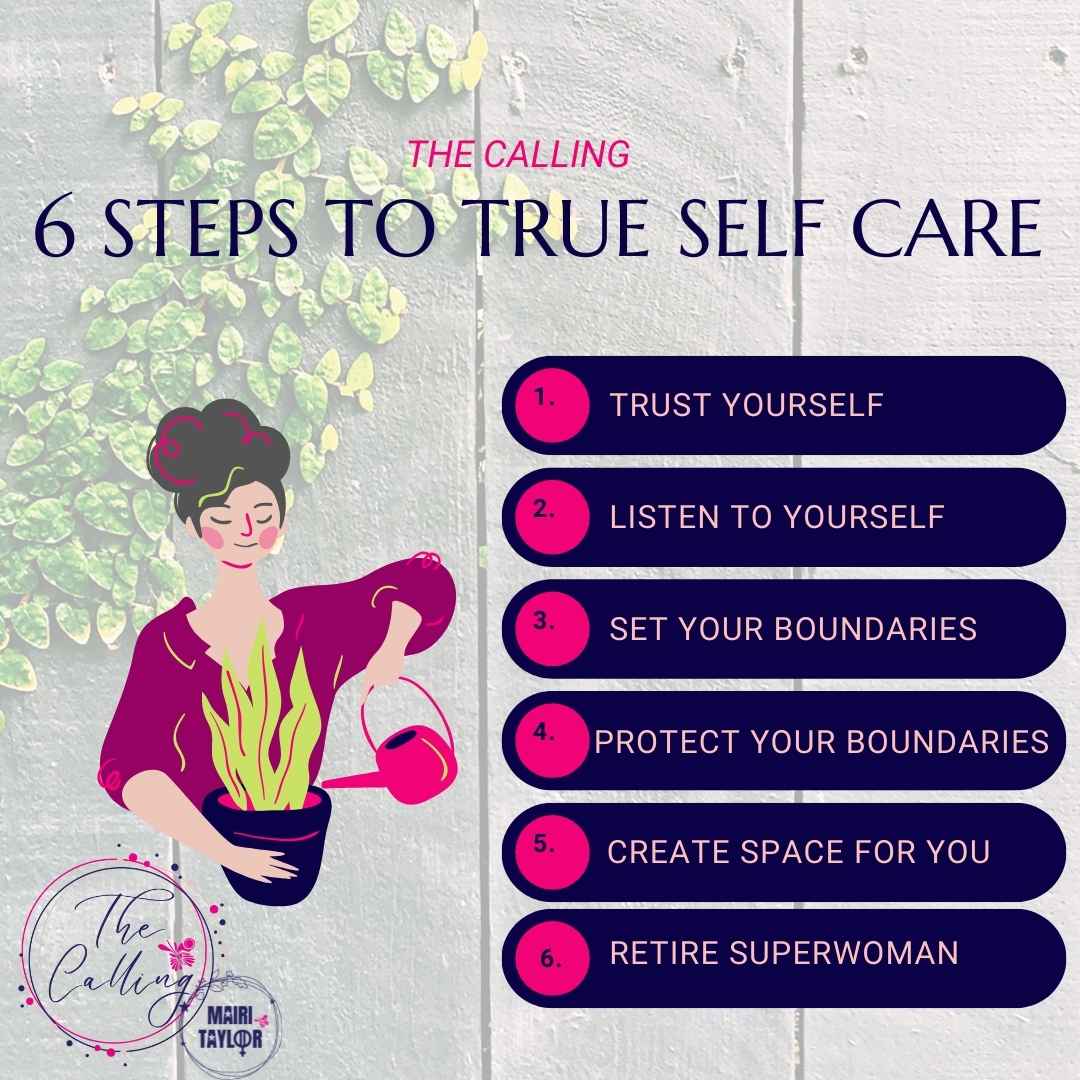Can you recognise your menopause symptoms?
Did you watch Davina McCall’s documentary on the menopause last week? It struck me just how much fear there is around the menopause, mostly because of a lack of knowledge. (I wish I was surprised, but I’m not). I saw women who felt powerless because they didn’t know the signs and symptoms, so they weren’t prepared for them. They found themselves being medicated for depression or believing that they had early onset dementia, not just because they didn’t recognise the symptoms but because their doctors didn’t either.
I believe in removing fear through knowledge, so that every woman can come through the menopause feeling like a RockStar. It’s great that Davina has continued the conversation so publicly (as you know I’ve been having this conversation for years), so let’s keep it going. Some of the most common symptoms of menopause come from changes to your oestrogen levels so I’m starting there. Oestrogen of which there are 3 types we need to know about BUT for the purpose of this blog lets focus on Estradiol – your Queen of Oestrogen, so you’ll notice when it’s changed.
Estradiol is made by your developing follicles, and it’s your best oestrogen as it’s your happy hormone and supports mood and libido because it boosts those happy neurotransmitters serotonin and dopamine for motivation and pleasure – no wonder we can feel out of sorts as we are starting to lose our supporting act!
Some low oestrogen symptoms you might already know
If you’ve heard anything about the menopause it’ll probably be the bit about hot flashes. It’s a cliché that gets turned into a joke as we minimize our right to take up space for our own needs. The hot flashes during the day turn into night sweats that can disrupt our sleep. If you’re experiencing mood swings, particularly irritation and depression, you might just think it’s your age. I’ve heard plenty of my over-40 friends say that they’re less willing to put up with nonsense, but if everything’s annoying you it could be a sign of menopause.
Even if you don’t experience night sweats, sleep disruption can be a sign in itself. I recently read a male comedian’s description of his wife was going to bed with a variety of men (in podcast form) because her sleep had changed so much.
Signs of low oestrogen you might not recognise
A common symptom of low oestrogen that’s also the most misunderstood is the brain fog or mental fuzziness that comes with it. Davina’s documentary featured a woman who had a family history of dementia and believed that’s what she was experiencing. She felt completely out of control because no-one had told her that it was her menopause. There are plenty of signs that we can spot ourselves if we know what they are. Things like vaginal dryness, bladder infections, incontinence or loss of sex drive can all be caused by low oestrogen but most of us don’t make the connection. Headaches or migraines are often treated in isolation, but they can be part of a pattern, as can gum issues, painful teeth, dry skin.
There are other symptoms that we can’t identify ourselves. Low oestrogen can result in reduced blood flow, increased cardiovascular risk and bone loss that we can’t see.
Excess oestrogen?
You might think that menopause automatically means lower oestrogen, but our high stress lifestyles can have the opposite effect. Oestrogen and progesterone are designed to balance each other out, but our high stress lifestyles, lack of sleep and high sugar diets can cause oestrogen dominance. This leads to symptoms like pounding headaches, recurrent yeast infections and even excessive vaginal bleeding. You could also experience breast swelling and tenderness, leg cramps, or nausea, vomiting or bloating. I know that it sounds scary, but I’m not sharing from a place of fear. I want to give you the power to recognise what’s happening and make changes if you need to.
I want you to know that you can take control of your experience of menopause. You can improve your symptoms with simple strategies.
If you need to talk about this, please reach out and know that you are HELD.




